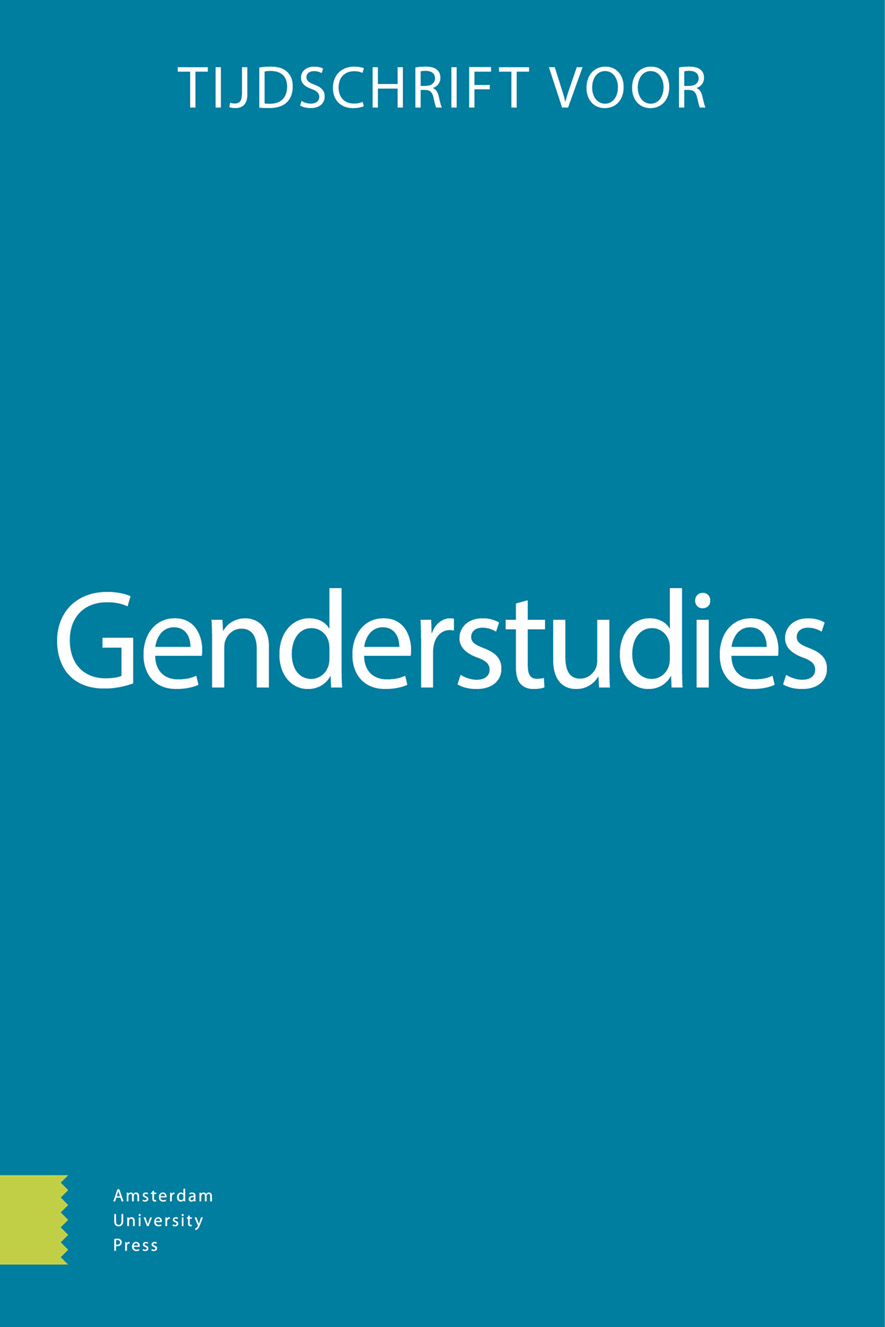-
OAGender, class and daily mobility in a global city
Looking at class relations between women through the lens of Domestic Mobility Work in Brussels
- Amsterdam University Press
- Source: Tijdschrift voor Genderstudies, Volume 26, Issue 1, Apr 2023, p. 78 - 97
-
- 01 Apr 2023
Abstract
The gendered distribution of trips linked to the domestic sphere and to care work have been highlighted by a range of feminist geographers and sociologists since the 1980s. Yet, little research has shed light on how class relations intersect with this gendered mobility. The study on intersection of class and gender is particularly relevant in Global cities as places that concentrate both highly-skilled and low-skilled female workers, connected to intertwined migration flows. This paper will use the Domestic Mobility Work as a conceptual framework to highlight how in a ‘small global city’ – Brussels – highly qualified female workers and mothers manage their gendered spatial constraints, mostly by calling on the services of lower class women. Through semi-structured interviews with high-profile female workers with children, it shows that delegating mobility workload is crucial for them to fulfill their career and to maintain an ideal of gender equality within the couple. But the interviewees also shed light on the challenge delegating care work poses to their identity as mothers. They also show the gendered relevance of mobility services offered by care and educational institutions, set up exclusively for the benefit of employees in the international sector. The article calls for further research on the intersections of class, gender and migration in global cities.


